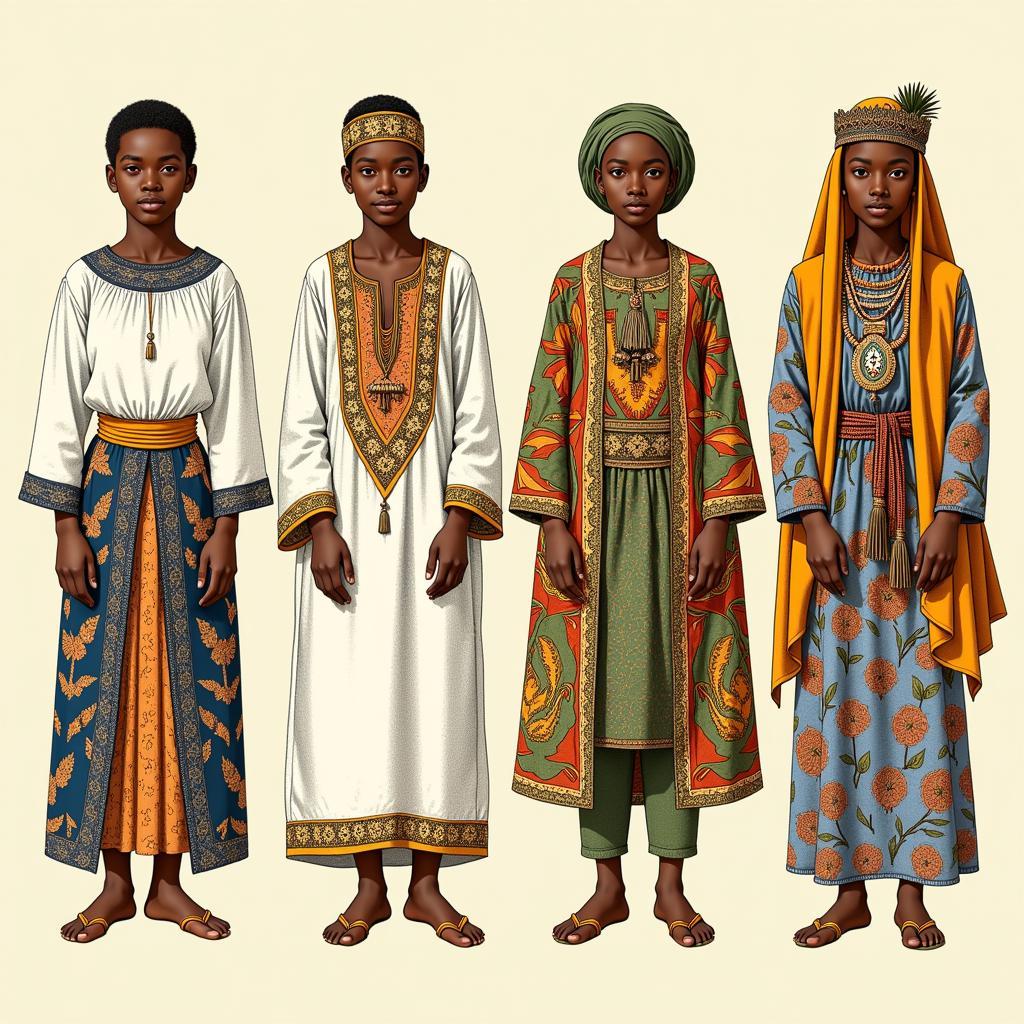Unpacking the Stereotype: African American Watermelon
The connection between African Americans and watermelon is a complex one, rooted in racist imagery that emerged after the Civil War. This stereotype, far from being a harmless association, carries a heavy weight of historical oppression and continues to impact perceptions today. This article delves into the origins, perpetuation, and modern implications of this harmful stereotype.
From Symbol of Freedom to Racist Caricature
Following emancipation, newly freed Black people cultivated and sold watermelons as a means of economic independence. This act of self-sufficiency transformed the watermelon into a symbol of freedom and prosperity. However, this positive image was quickly twisted by white supremacists who sought to undermine Black progress. They weaponized the image of Black people enjoying watermelon, depicting it as a sign of laziness, uncleanliness, and childishness. These caricatures spread rapidly through popular media, solidifying the stereotype in the public consciousness.
After the first paragraph, check out some African American cooking recipes.
The Power of Media in Perpetuating the Stereotype
The pervasiveness of the African American Watermelon stereotype is a testament to the power of media in shaping public perception. Minstrel shows, cartoons, advertisements, and other forms of popular entertainment relentlessly reinforced the negative image. These depictions not only dehumanized Black people but also served to justify continued discrimination and oppression. Even seemingly innocuous instances of the stereotype, such as a child’s cartoon featuring a Black character eating watermelon, can contribute to the normalization of this harmful trope.
Challenging and Dismantling the Stereotype
While the African American watermelon stereotype remains a persistent issue, efforts to challenge and dismantle it are gaining momentum. Educators, activists, and artists are working to reclaim the narrative and expose the racist origins of the trope. By understanding the historical context and the ways in which this stereotype has been used to oppress Black communities, we can begin to dismantle its power and promote more accurate and respectful representations.
It’s worth exploring more about African American celebrations and their cultural significance.
The Watermelon: A Fruit, Not a Symbol of Oppression
At its core, the watermelon is simply a fruit. It should not carry the baggage of a racist past. By separating the fruit from the harmful stereotype, we can appreciate it for its refreshing qualities and cultural significance in various communities around the world. This requires conscious effort to challenge the ingrained associations and promote a more nuanced understanding of the stereotype’s history and impact.
Why is the association of African Americans with watermelon considered racist?
The association is racist because it was intentionally created and used to dehumanize and denigrate Black people following emancipation.
How did the watermelon become a symbol of freedom for African Americans?
After the Civil War, freed Black people cultivated and sold watermelons as a symbol of their newfound economic independence.
What role did popular media play in perpetuating this stereotype?
Popular media, including minstrel shows and cartoons, played a significant role in spreading and solidifying the racist stereotype.
What can be done to challenge and dismantle this stereotype?
Education, open dialogue, and promoting accurate representations of Black people are crucial steps in challenging and dismantling this harmful stereotype.
You might also be interested in learning about African BBE melons.
Conclusion
The African American watermelon stereotype is a painful reminder of the enduring legacy of racism. By understanding its historical roots and the ways in which it has been used to oppress Black communities, we can actively work to dismantle its power. Let’s reclaim the narrative and celebrate the richness and diversity of African American culture, leaving behind the harmful stereotypes of the past. It’s time to see the watermelon for what it is: a delicious fruit, not a symbol of oppression. For more resources, check out African American LGBT movies.
FAQ
- What is the origin of the African American watermelon stereotype?
- How did the media contribute to the spread of this stereotype?
- Why is this stereotype considered harmful?
- What are some examples of how this stereotype has been used in popular culture?
- How can we challenge and dismantle this stereotype today?
- What is the significance of watermelon for African Americans after the Civil War?
- How can we separate the fruit from the racist stereotype?
Need more help? Contact us 24/7:
Phone: +255768904061
Email: [email protected]
Address: Mbarali DC Mawindi, Kangaga, Tanzania.


